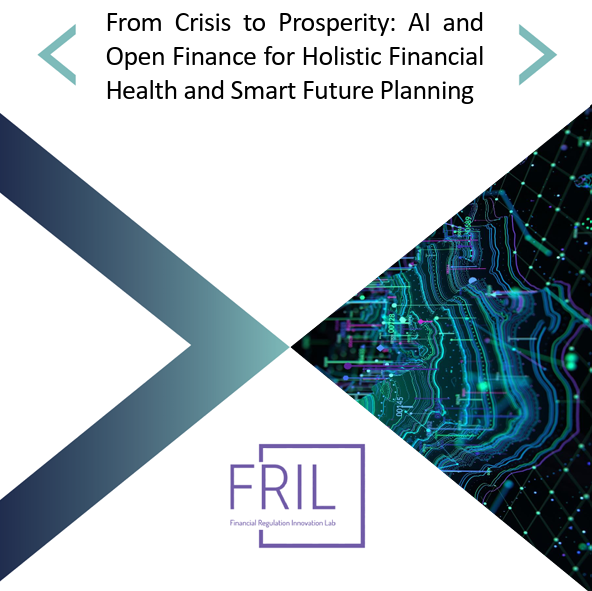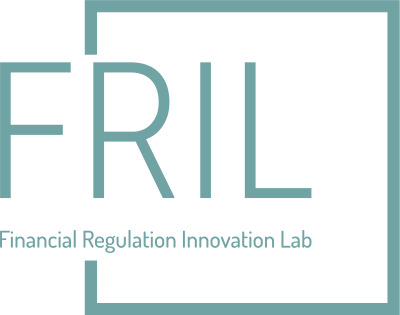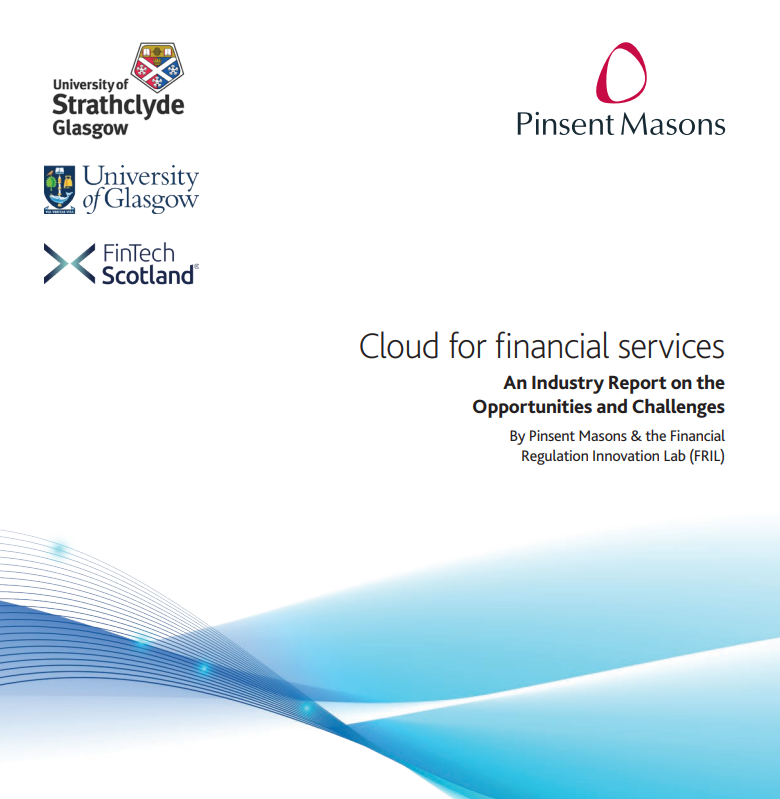From Crisis to Prosperity: AI and Open Finance for Holistic Financial Health and Smart Future Planning

The financial services industry stands at a critical inflection point. Traditional credit-scorecentric frameworks, rooted in historical repayment data and broad demographic categories, are increasingly incapable of capturing the full spectrum of consumers’ financial health. The COVID-19 pandemic, successive cost-of-living crises and wider economic shocks have exposed deep vulnerabilities in reactive, one-dimensional risk models. Consumers and institutions require proactive, resilience-focused insights that span day-to-day cashflow management, medium-term debt servicing, and long-term wealth accumulation.
Open Finance – the consent-driven sharing of a comprehensive array of financial data (current accounts, mortgages, loans, savings, investments, pensions, insurance, government benefits), combined with advanced Artificial Intelligence (AI) and Machine Learning (ML) techniques, offers a transformational route to truly holistic financial health evaluation. By ingesting rich, multi-dimensional data and applying explainable models, financial firms can transition from static credit assessments to dynamic, personalised guidance and recommendation engines. These engines empower consumers to build financial resilience, make informed decisions and pursue life goals with confidence.
Building on Sopra Steria and Glasgow University’s joint whitepaper “Consumers at the Heart of Innovation: Financial Health Evaluation in the UK Regulatory Landscape” and inspired by R&D collaboration between Sopra Steria and Oxford University, this whitepaper:
- Examines the scope and expected data architecture of Open Finance, extending from Open Banking to full-spectrum data sharing.
- Presents a robust data modelling framework, encompassing data acquisition, cleansing, feature engineering, supervised and unsupervised modelling, scorecard design and persona segmentation. It culminates in a composite financial health score that blends aspects like credit risk and resilience evaluation.
- Explores explainability and consumer engagement, employing data science techniques to ensure transparency and mapping various persona archetypes to tailored, sequential optimisation plans.
- Demonstrates regulatory alignment, showing how non-product-specific, personadriven guidance and recommendation can fit within the Financial Conduct Authority’s (FCA) Advice and Guidance Boundary (FG15/1) and the Consumer Duty framework.




